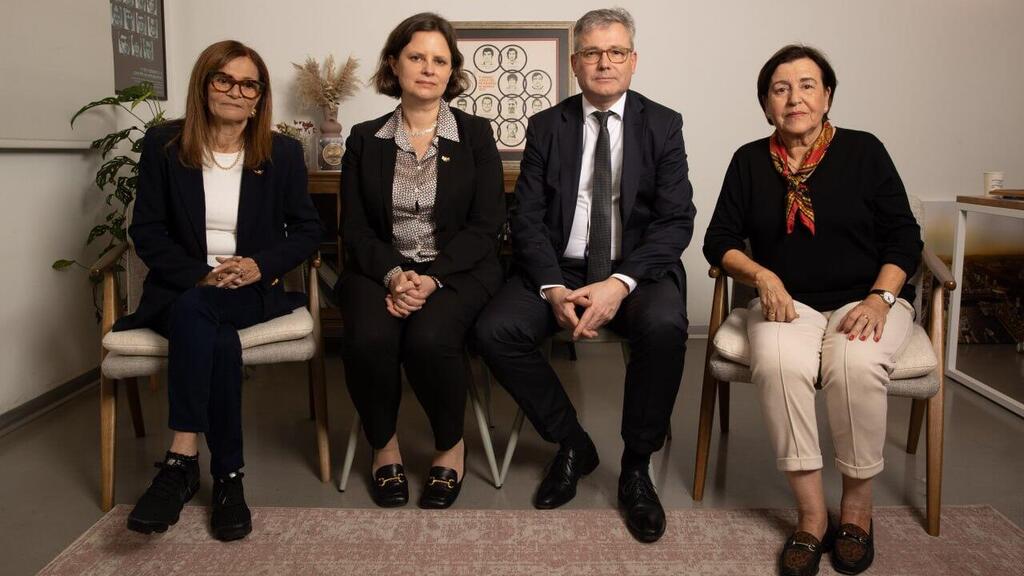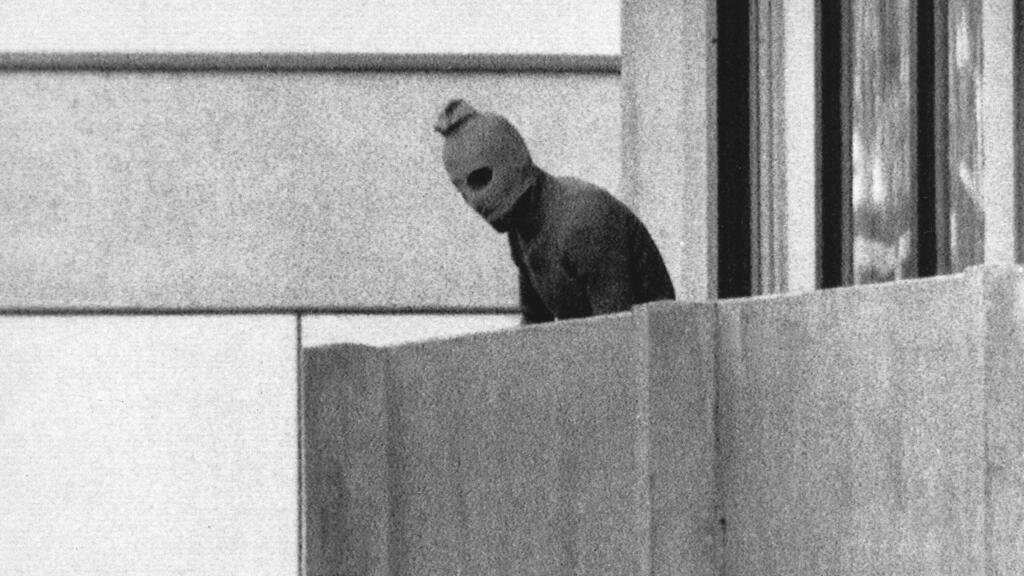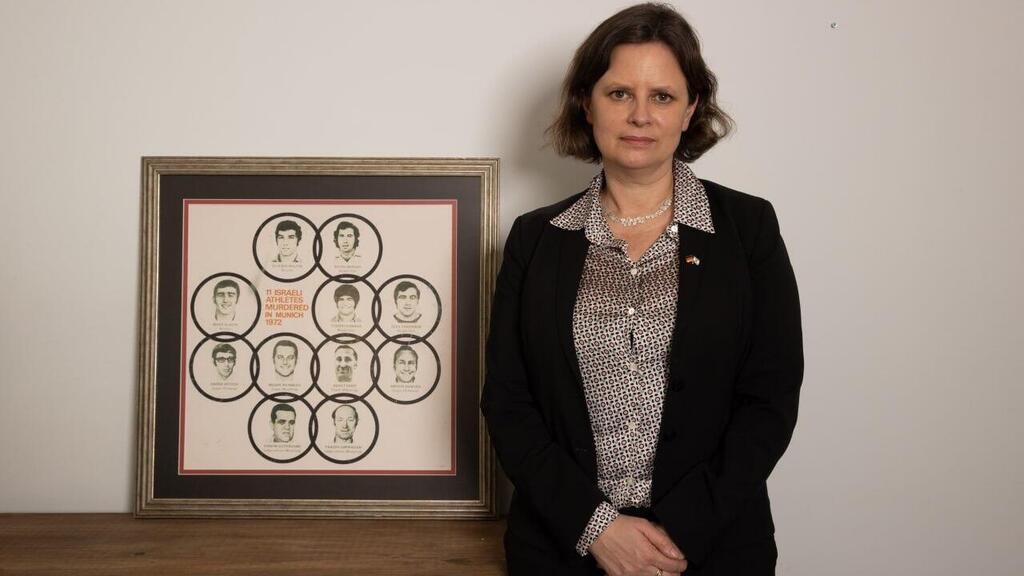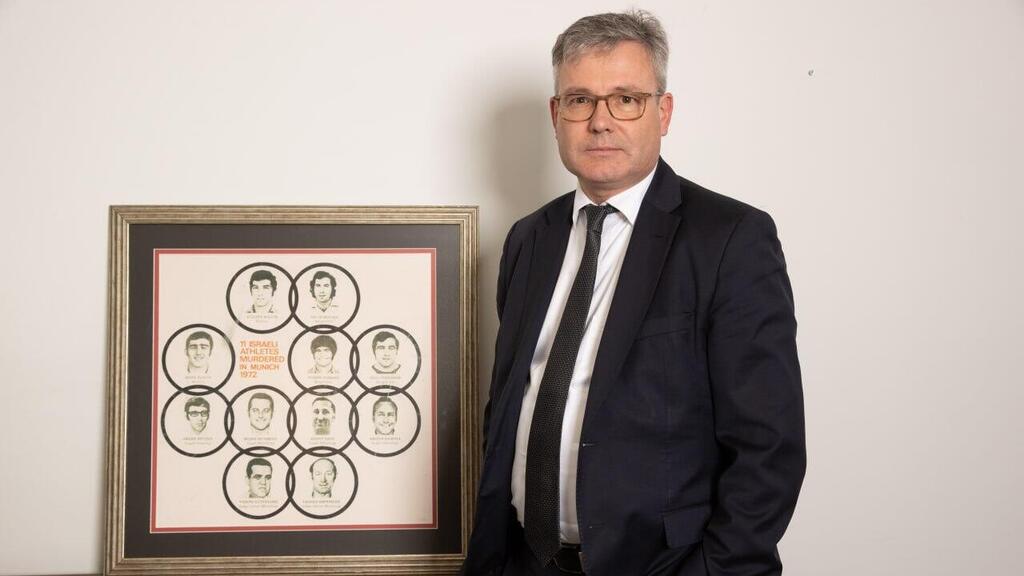Germany announced Tuesday its intention to relaunch the investigation into the killing of 11 Israelis by Palestinian terrorists during the 1972 Munich Olympics.
Germany said the archives will be reexamined and investigated by Israeli and German historians.
In a meeting held in Tel Aviv between Israeli families of the victims and German Deputy Interior Minister Juliane Seifert and Vice Chief of Staff for the President’s Office Dr. Oliver Schmolke, the officials said the investigation will resume following an official apology by Germany.
Reopening the archives of the massacre was agreed on between the families and the German government following a call to action made by Ilana Romano and Anki Schpitzer, whose husbands Yosef and Andrei were killed in the Palestinian massacre.
The two claimed the German government failed to deliver justice, and refused the compensation payments, saying they were nothing but “charity.”
Following the announcement on the relaunching of the probe, Romano said that “our battle is over.” Schpitzer added: “All of the families are excited that out request to open the archives has finally been answered. We owe it to the victims and to history.”
The day-long massacre started unfolding before dawn on September 5, 1972, when eight members of a Palestinian group called Black September clambered over the unguarded fence of the Olympic village.
They burst into the building where the Israeli team was staying, killing wrestling coach Moshe Weinberg and weightlifter Yossi Romano, and taking nine others hostage. The attackers demanded a plane and safe passage to Cairo. After a day of tense negotiations, the assailants and their hostages were allowed to leave aboard two helicopters for Fuerstenfeldbruck.
At the airfield, however, German special forces opened fire at the terrorists, prompting them to hurl a grenade into one of the helicopters carrying hostages, which exploded. The hostages in the other helicopter were shot dead.
Seifert told Ynet: “Our attitude toward the families is different now, and we believe that our previous treatment of them was wrong. We’ve reached an agreement, acknowledged their pain and wish to look into memorializing it. The German president took full responsibility for the incident because we want to recognize the families’ grief.”
Siefert added that Germany intended to form a committee to look into the case, and will now begin looking into potential members to chair it.
Schmolke added: “Fifty years after the massacre, it’s time to figure out what really happened. We want to look into it with a committee of historians to see what happened before, during and after the event. Making things clear is part of Germany’s honor.”
The initiative's first phase includes opening the archives, with some of its content still labeled as classified information. “We want to allow the committee access all of the information. To that extent, we have founded a team, with the Interior Ministry in charge of this matter."
The families’ fight against German authorities included threats to boycott the ceremony marking the 50th anniversary of the massacre.
Romano added: "Keeping the memory of the families alive was important to us, and so was Germany taking responsibility and apologizing. They assisted our fight and I believe the truth will be revealed thanks to them.”
Yael Arad, head of the Olympic Committee of Israel, said that closure for the families is finally within reach.
“I want to thank the German government for their assistance to the families. After unveiling a cenotaph in Munich, issuing an apology and compensating the families – reopening the archives and relaunching the investigation mark another step in exposing the truth and bringing justice.”





